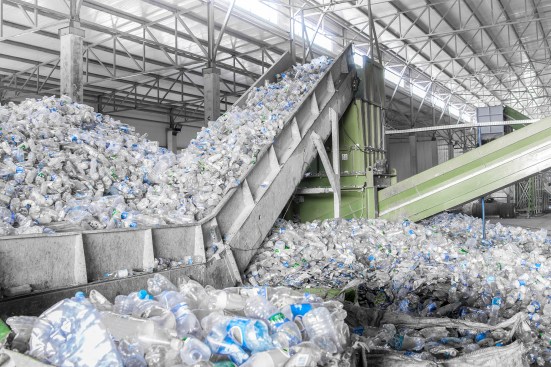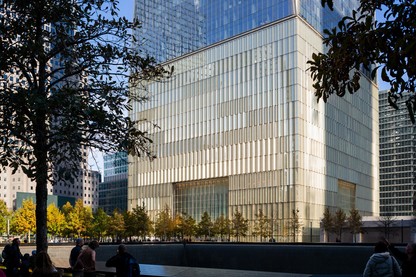Portland, Ore.–based software company the Wild has launched a cloud-based, real-time platform for architects and designers to collaborate virtually on projects. Available through a subscription service, the Wild platform allows projects exported from 3D modeling software, such as Autodesk Revit or SketchUp, to be edited, shared, and presented from any device in virtual- or augmented-reality modes. The company says combining these features into a single platform streamlines the design process and leads to “better decision-making, saving time, and money.” [The Wild]
Today we’re excited to officially open the doors to @hello_alma_ and our first co-practice community supporting therapists on the front lines of mental healthcare. Come visit us in midtown Manhattan and read more about our vision here: https://t.co/2tfNhFcHCu
— alma (@hello_alma_) October 10, 2018
New York–based co-working startup Alma has opened its first location in the heart of Manhattan, where therapists have access to a well-designed office space, business support services, and technology platforms. Alma’s interior space aims to highlight the importance of good design in healthcare environments by focusing on enhancing the therapy experience for patients. The company plans to expand its co-working spaces to other locations in New York and around the country. [Quartzy]
#Washington #DC may go 100% #RenewableEnergy by 2032 if @councilofdc passes bill proposed by @marycheh:https://t.co/F4V9ISzHOA via @JacobFenston
— David Krantz (@ecodave) October 10, 2018
A new bill proposed by five local council members might put Washington, D.C., on the path to relying entirely on clean energy by 2032. If passed, the bill would tighten the district’s green building and energy standards and would give the mayor an authority to sign regional agreements with Maryland and Virginia to lower greenhouse gas emissions. [WAMU]
United Therapeutics "The Unisphere" from HUSH on Vimeo.
Brooklyn, N.Y.–based design firm Hush recently completed a large-scale interactive installation for the EwingCole-designed United Therapeutics Unisphere, a 210,000-square-foot, net-zero commercial building in downtown Silver Spring, Md. The “Energy Dial” installation uses real-time energy data to communicate the impact of user behavior on the overall energy footprint of the building. The installation is accompanied by a series of informational touchscreens and digital dashboards that help visitors explore the Unisphere’s energy consumption pattern. [Hush]

An escalator with a pile of plastic bottles at a factory for processing and recycling PET plastic.
Despite increased awareness around climate change and global pollution, demand for petrochemicals is rising, writes Blaine Brownell, AIA, in his latest Mind & Matter column. Architects can reduce their dependence by being more diligent about which materials, and specifically plastic types, they use. [ARCHITECT]

ARCHITECT contributor Gideon Fink Shapiro dives deep into the design process behind New York’s One World Trade Center and the challenges faced to meet and exceed the building codes and safety standards. Considered the tallest structure in the Western Hemisphere, Shapiro writes that the One World Trade Center is “safe enough that it’s serving as a model for future high-rise construction.” [ARCHITECT]
